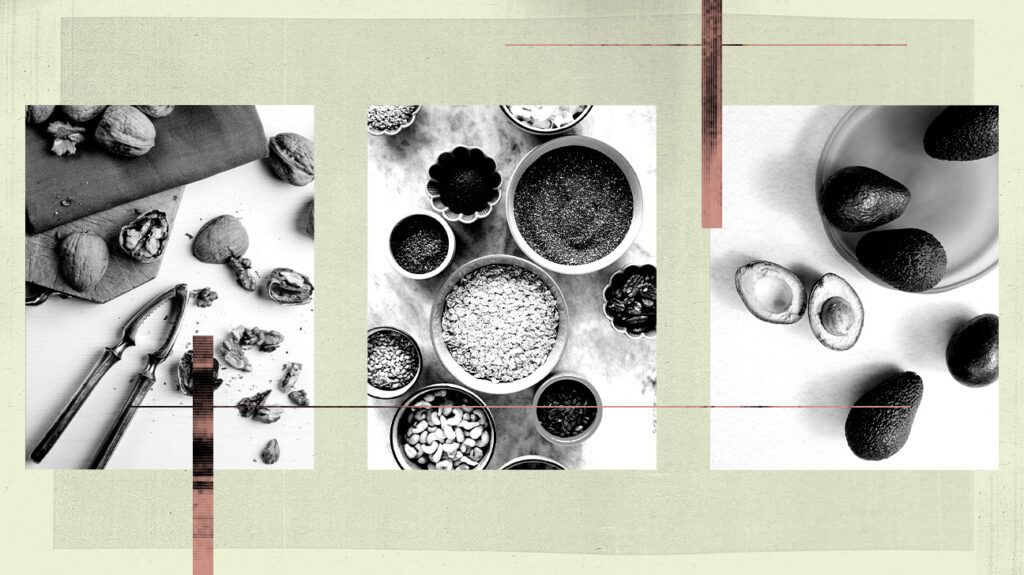It is important to understand which foods affect blood sugar and how. A healthy, balanced diet can help manage blood sugar when living with diabetes, and certain foods can assist with this.
People use the word “superfood” to denote nutrient-rich items that people claim are beneficial for specific health goals. In the context of “diabetes superfoods,” these may be items with a rich nutritional composition that will not cause adverse blood sugar changes.
Persistent high blood sugar levels can cause damage to blood vessels and nerve cells, leading to vision loss and kidney damage. Consistent high blood sugar levels also increase the risk of heart disease and stroke.
One way to help manage high blood sugar is through diet. Choosing the right foods can help prevent type 2 diabetes and stop the symptoms and complications of diabetes from progressing.
This article examines certain foods that can contribute to a healthy, balanced diet for people with this condition.

The combination of fiber, protein, and healthy fats makes walnuts a great alternative to simple carbohydrate snacks such as chips or crackers.
Studies show the fatty acids in walnuts
- beta-carotene
- vitamin C
- vitamin K
- magnesium
- potassium
- polyphenols
Limited studies suggest a positive association between avocado consumption and improved blood sugar management.
Avocados also contain fiber. There is evidence that fiber can help improve blood sugar levels, reduce cholesterol, and lower the risk of some of the complications of diabetes.
In moderation, seeds can be a lower carbohydrate snack alternative while providing a range of nutrients.
Pumpkin seeds
Pumpkin seeds are high in magnesium, fiber, and healthful fatty acids. The body needs magnesium for
Diets rich in magnesium are associated with a lower risk of diabetes. Limited research suggests that pumpkin seeds, specifically, may help reduce post-meal blood sugar levels.
Chia seeds
Learn more about the health benefits of chia seeds and how to use them.
In moderation, fresh, canned, or frozen fruits can be a healthy addition to a diabetes diet plan. However, it is important to be wary of added sugars in some dried and canned fruit products, juices, and smoothies.
Learn more about fruit and diabetes management.
Ginger is high in antioxidants and may have beneficial anti-inflammatory properties. A 2019 review concluded that adding ginger to the diet may positively affect blood sugar management and symptom presentation in type 2 diabetes.
Researchers have linked low potassium with a higher risk of diabetes and diabetes complications. In addition, diabetes disease progression is associated with potassium imbalances such as hypokalemia.
Spinach is a good source of dietary potassium and a wide range of vitamins and minerals.
Some studies have suggested that cinnamon can lower blood sugars in people with diabetes.
Authors of a 2019 study found that people with diabetes who used cinnamon supplementation saw improvements in body mass index (BMI), blood sugar levels, and lipid levels compared to those who did not. This was especially true of those with a BMI of 27 or above.
More research is necessary to confirm that cinnamon supplements can help people with diabetes.
Learn more about cinnamon, blood sugar, and diabetes.
When making dietary choices, a person with diabetes can
- checking blood sugar levels regularly
- establishing a regular eating routine
- limiting quick-digesting carbohydrates
- managing portion sizes
- limiting alcohol intake if they drink
Diabetes resources
Visit our dedicated hub for more research-backed information and in-depth resources on diabetes.
Diet and lifestyle changes are essential in diabetes management. Supporting healthy blood sugar levels, reducing cholesterol, and providing the body with a wide range of important nutrients can help manage the condition, reduce symptom severity, and improve overall quality of life.
